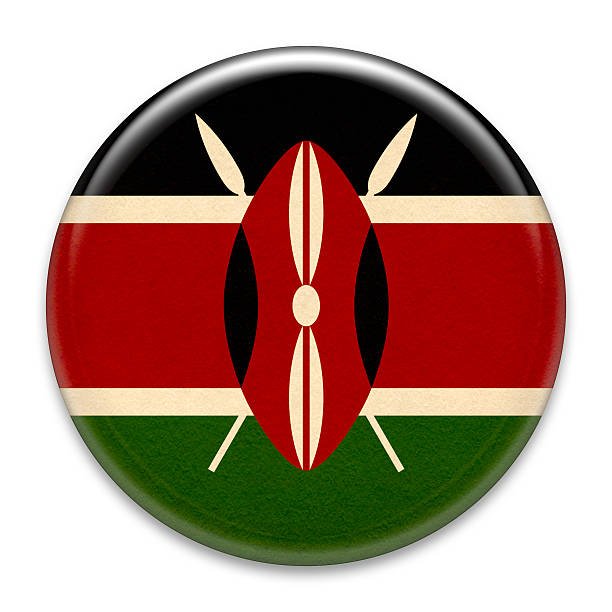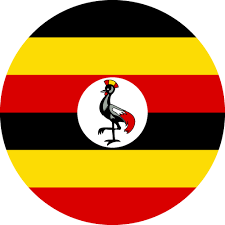Employer of record in Rwanda
Employer of record in Rwanda
Employer of record in Rwanda
Employer of record in Rwanda

Rwanda is a small, landlocked country located in East Africa, known for its lush landscapes, which include savannahs, lakes, and mountains. It is often referred to as the “Land of a Thousand Hills” due to its hilly terrain. Kigali, the capital city, serves as the political and economic hub of the country. Rwanda is recognized for its remarkable recovery after the 1994 genocide and has since focused on economic growth, development, and stability.
Employee Benefits
PAID TIME OFF
- Annual Vacation: Employees are entitled to 18 days of paid vacation annually. After three years of continuous service, an additional day of leave is granted, up to a maximum of 21 days.
- Sick Leave: Employees may take up to six months of sick leave with medical verification. The first three months are paid, while the remaining three months are unpaid.
- Maternity Leave: Female employees are entitled to 12 weeks of paid maternity leave, which may be taken up to two weeks before the expected due date.
- Paternity Leave: Fathers are granted four days of paternity leave, which can be either paid or unpaid depending on the employer’s policy.
- Family Leave: There is currently no paid family leave policy in place.
- National Holidays: Rwanda observes 14 public holidays, all of which are paid.
- Other Paid Time Off: Not applicable.
STATUTORY EMPLOYEE BENEFITS
- Unemployment: Unemployment benefits are not covered by the law in Rwanda.
- Workers Compensation: Rwanda’s first law on workers’ compensation was passed in 1949. The current legislation includes provisions from 1974 and 2003. The social security system covers work-related accidents and occupational diseases.
- Coverage: Employees are covered, but self-employed individuals are excluded. Employers must contribute 2% of the gross monthly payroll.
- Conditions of Eligibility: All paid employees in Rwanda, whether residents or foreigners, are required to contribute to the Rwanda Social Security Fund (CSR). The company contributes 5%, and the employee contributes 3% based on the employee’s gross wage. Contributions are deducted monthly and remitted quarterly.
- Retirement Benefits: The pension system supports workers who are elderly, incapacitated, or deceased. Employees and their families receive benefits. All salaried employees, including political figures, must contribute 3% each, matched by the employer. Voluntary contributions are also allowed for individuals under 45 years old, with a contribution rate of 6%.
- Health Benefits: All citizens have access to free healthcare in public hospitals. Private health insurance is also available on a voluntary basis, with coverage varying by employer.
PRIVATE EMPLOYEE BENEFITS
- Workers Compensation: Private workers’ compensation is not available in Rwanda.
- Retirement: There are private retirement schemes, such as the BNR Complementary Occupational Pension Scheme and Axis Pensions Ltd.
- Health: Private health insurance is available from companies like SORAS, CORAR, and AAR.
- Insurance: Private life insurance is offered by various providers.
PERSONAL INCOME TAX
- Tax Year: The tax year runs from January 1st to December 31st.
- Taxable Income: Residents are taxed on both domestic and international income, while non-residents are taxed only on income earned in Rwanda.
Tax Rates:
Taxable Income | Rates of Taxes |
0 – 360 000 | 0% |
360 001 – 1 200 000 | 20% |
1 200 001 + | 30% |
- Taxation Method: Pay-As-You-Earn (PAYE) tax is withheld by employers and paid to the Rwanda Revenue Authority (RRA) within 15 days after the month in which the income is earned.
- Double Taxation: Rwanda has agreements to avoid double taxation with various countries.
- Payroll Calendars: Payroll can be processed weekly, biweekly, fortnightly, or monthly.
- Health Insurance: Health insurance is mandatory, with contributions totaling 15% of an employee’s wage, shared equally between the employer and employee.
SOCIAL SECURITY
- Contributions: Both residents and foreigners must contribute to the Rwanda Social Security Fund (CSR). The employer contributes 5%, and the employee contributes 3% of the gross wage.
- Retirement Contributions: Employees are required to contribute to the pension system, with the total contribution rate of 6% split between the employer and employee.
PAYROLL ELEMENTS
- Income: Includes salary, earnings, bonuses, overtime pay, taxable benefits, allowances, and other lump-sum perks.
- Bonuses: Bonuses are included in monthly income and are subject to tax as determined by the relevant authority.
- Allowances: Allowances such as sick pay, housing, and travel expenses may be provided but are not mandated by law.
- Benefits in Kind: Certain benefits provided by employers, such as housing or vehicle benefits, are taxable.
TAXABLE INCOME AND DEDUCTIONS
- Income Types: Taxable income includes employment income, business profits, and investment income. Certain business expenses, such as travel and vehicle costs, may be deducted.
- Capital Gains Tax: Capital gains from the sale of shares or immovable property are taxed at 5% for shares and 30% for commercial property.
- Dividends Tax: Dividends are taxed at 15%, with possible reductions under double taxation agreements.
PAYROLL TAXES AND EMPLOYER CONTRIBUTIONS
- Employer Contributions: Employers must contribute to the Rwanda Social Security Fund (CSR), as well as make payments toward health insurance (RSSB), amounting to 15% of the employee’s base wage.
- Workers Compensation: Employers must allocate 2% of the gross monthly payroll toward workers’ compensation.
- Unemployment: Rwanda does not provide unemployment insurance or benefits.
ADMINISTRATION
- Income Tax: All taxable income from employment, business, and investments is subject to tax. Individuals must file an annual tax return by March 31st of the following tax year.
- Payroll Taxes: Employers must deduct and remit social security and health insurance contributions on a monthly basis.
- Employer Obligations: Employers must ensure compliance with contributions for social security, health insurance, and workers’ compensation.
































